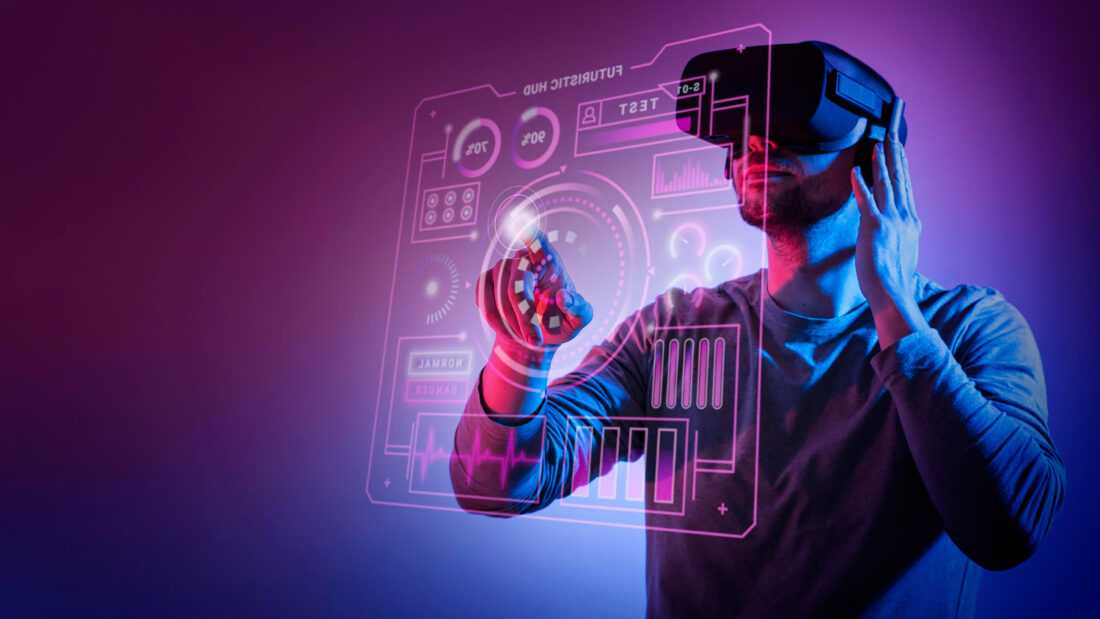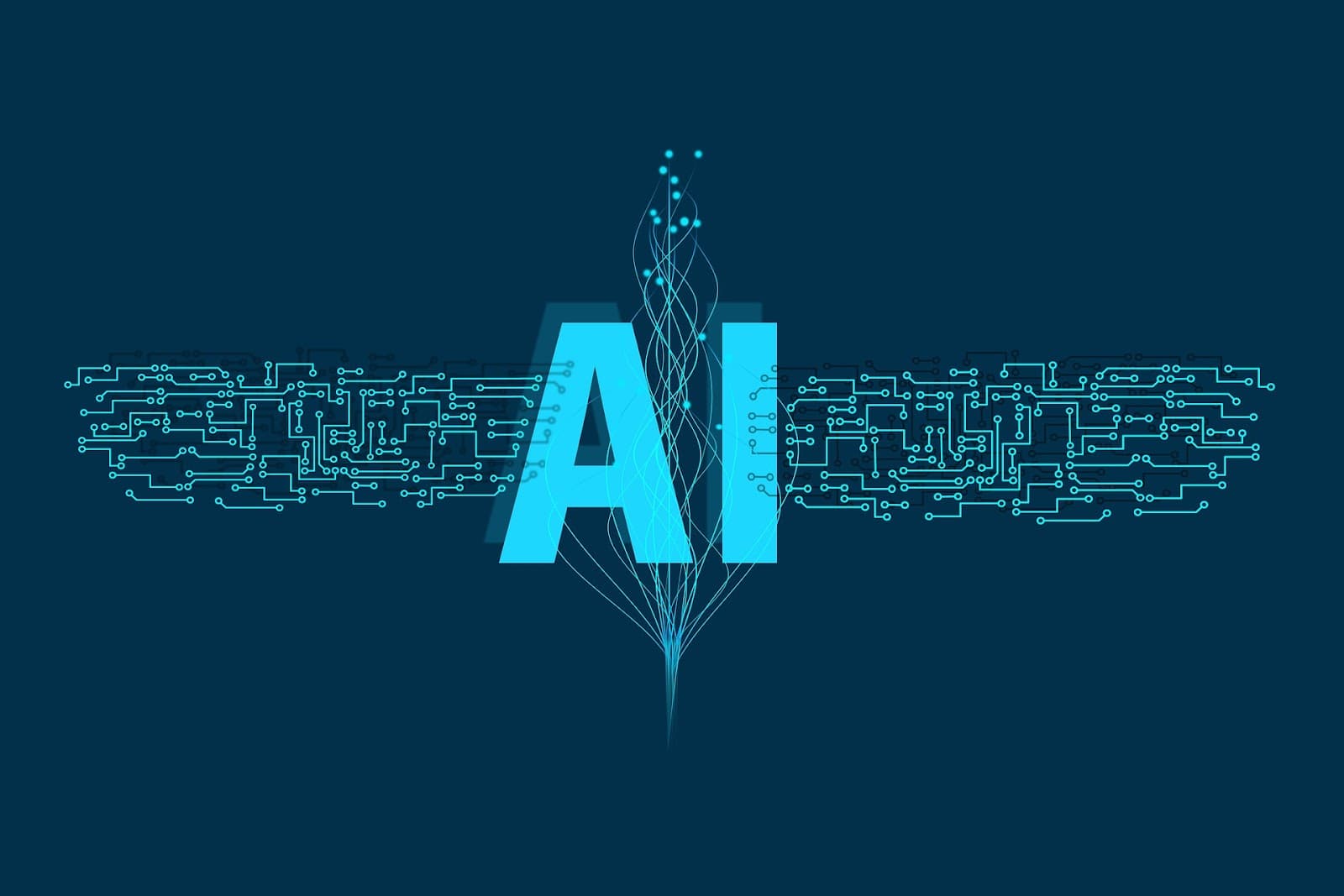
Stellaris Positronic AI Technology
If you’re into science-fiction, most likely than not, you’ve heard about Stellaris. It’s one of the most popular games that has literally captured the imagination of gamers all around the world. On top of that, it’s one of the few games that uses positronic AI technology, making it particularly popular with fans of tech advancements and AI.
What is positronic AI? What benefits does it offer? And what developments can we expect in the future? In this article, we’ll cover all of these questions and then some so you can get ready to explore the exciting world of positronic AI in Stellaris.
What Is Stellaris?
Let’s start by determining what exactly Stellaris is. As we’ve mentioned a bit earlier, it’s a science-fiction game. The idea behind it is that players can explore and conquer the galaxy, building their own civilizations and interacting with other species along the way, all of which make the adventure very exciting and futuristic.
What Is Positronic AI Technology?
One of the most important aspects of the game is the use of AI technology. Positronic AI, as you’ve already guessed, is a form of artificial intelligence that is particularly well-suited to space exploration, and it is a key feature of Stellaris.
The technology has been inspired by the works of Isaac Asimov, the famous science-fiction author who first introduced the concept of positronic brains in his stories about robots.
The concept of a positronic brain involves the use of positrons, which are the antimatter counterpart of electrons, as a means of creating a brain-like structure that can store and process information and interact with humans more intuitively.
The Origins of Positronic AI Technology
As mentioned earlier, the concept of positronic brains was first introduced in Isaac Asimov’s “I, Robot” novel, which features a series of stories about robots that were designed with positronic brains.
Asimov’s stories introduced the concept of the “Three Laws of Robotics” which represented a set of rules governing the behavior of robots in order to prevent them from harming humans. These laws have since become a staple of science-fiction literature and have inspired many other works of fiction, including the movie “Blade Runner” and the television series “Westworld”.
The Role of Positronic AI in Stellaris
In the world of Stellaris, positronic AI technology is used to create intelligent and responsive AI opponents (robots) that can help automate many of the game’s complex systems and processes, freeing them up to focus on more strategic and creative aspects of gameplay.
For example, players can use technology to manage resource production and allocation, research and development, and even military operations.
Benefits of Technology
Positronic AI technology offers many benefits to players of Stellaris. Here are some of them:
- Improved gamer efficiency and productivity. With technology handling most of the routine tasks, players can devote their time and energy to more complex and strategic endeavors, which can lead to greater success and faster progress in the game;
- Better decisions. Since positronic AI can analyze data and make predictions based on that data, it allows players to make more informed choices. This can be particularly helpful in situations where a player is uncertain about what to do;
- Fewer errors and accidents. The technology is programmed to follow specific protocols and procedures, meaning there’s less of a chance of human error, which can be a game-changer in pressing situations, such as during a space mission;
- Extensive exploration and research abilities. Using the positronic AI, players can explore more of the galaxy and discover new planets and resources. Furthermore, the technology can be used to research more quickly and efficiently.
Risks and Drawbacks of Positronic AI
While positronic AI offers many benefits, there are also risks and drawbacks to consider:
- Possibility of malfunction. Like any technology, it’s not perfect, and there’s always a risk that something could go wrong. In some cases, a malfunction could result in serious consequences, such as a loss of resources or a failed military campaign;
- Ethical concerns. Some people worry that AI could be used to replace human workers, leading to job losses and economic disruption. Additionally, there are concerns about the potential for AI to be used for nefarious purposes, such as hacking or espionage;
- Potential for bias. AI systems are generally only as unbiased as the data they are trained on, and if that data is biased, the AI system may replicate that bias in its decisions. This could lead to discriminatory outcomes and existing inequalities in society;
- Issue of control. As AI systems become more autonomous, it becomes increasingly hard to determine who’s responsible for their actions. In the case of positronic AI, this could mean that players may not always understand the decisions made.
That being said, it’s important to note that all of these risks and drawbacks are not unique to positronic AI, but are inherent to AI technology in general. However, as we continue to develop and use AI, most of these concerns should be addressed, ensuring that AI is used in a responsive and beneficial manner.
Future Developments in Positronic AI
Looking to the future, we can expect to see many exciting developments in positronic AI technology in Stellaris.
One of the most anticipated developments is the addition of more advanced AI capabilities, such as machine learning and natural language processing. These advancements could help make the technology even more efficient and effective, allowing players to achieve even greater success in the game.
Another area of development is the integration of AI with other technologies, such as robotics and automation. This could lead to new and innovative ways of exploring the galaxy and managing empires, making the game even more engaging and exciting for players.
Finally, there’s the potential for AI to become more autonomous and independent in Stellaris. While this would require careful programming and oversight, it could lead to new and unexpected gameplay experiences, as well as new challenges for players to overcome.
Conclusion
To sum things up, the use of positronic AI technology in Stellaris has been a game-changer for the sci-fiction gaming industry. It has enabled players to have a more immersive and challenging gaming experience by introducing unpredictable and adaptable AI opponents.
The benefits of this technology are numerous, including faster decision-making, improved strategic planning, and enhanced overall gameplay. Moreover, the future developments of positronic AI in Stellas are exciting.
Surely, we’d need to make sure that the development and implementation of AI (not only positronic) are done in a responsible and ethical manner. However, it’s clear that the benefits of this technology are significant and that it has the potential to continue revolutionizing the gaming industry for years to come.





